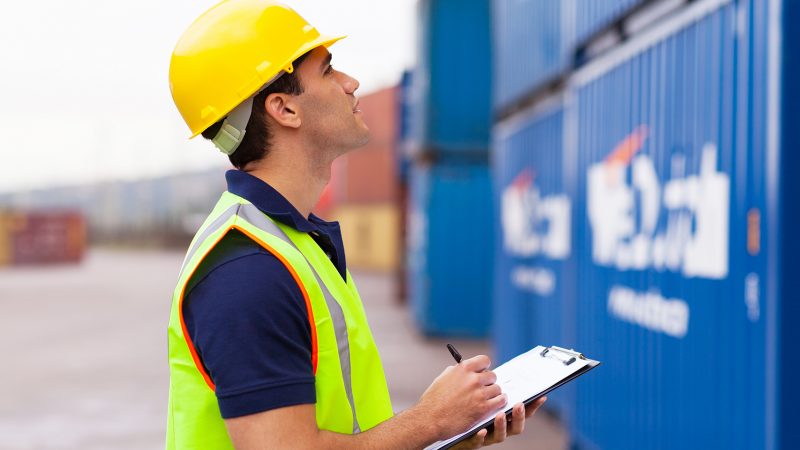
What is Customs Clearance?
Customs clearance work involves preparation and submission of documentations required to facilitate export or imports into the country, representing client during customs examination, assessment, payment of duty and co taking delivery of cargo from customs after clearance along with documents.
Some of the documents involved in customs clearance are :
1. Exports Documentation: Purchase order from Buyer, Sales Invoice, Packing List, Shipping bill, Bill of Lading or air way bill, Certificate of Origin and any other specific documentation as specified by the buyer, or as required by financial institutions or LC terms or as per importing country regulations.
2. Imports Documentation: Purchase Order from Buyer, Sales Invoice of supplier, Bill of Entry, Bill of Lading or Air way bill, Packing List, Certificate of Origin, and any other specific documentation required by the buyer, or financial institution or the importing country regulation.

What’s more, the rules, regulations, and laws are a bit different from country to country, sometimes from port to port within a country, making someone who specializes in customs clearance very important to a shipper exporting and importing goods.
These specialists are called customs brokers and the work they do is called customs brokerage or sometimes customs broking.
Having the wrong person handle your customs brokerage can be very problematic. Shipping containers are warehoused as they go through customs clearance. Warehousing and storage fees can add up quickly. If there is a problem with your customs brokerage and your customs clearance does not happen smoothly, your shipping costs could go up by hundreds to thousands of dollars.
On top of these costs, the delay in getting your shipping containers released to you because of customs clearance problems could cost your business more money because the arrival of your shipment is delayed.
Your freight forwarder should also be able to handle your customs clearance, but you can choose to handle it separately with your own customs broker.
When choosing a freight forwarder, you want a company with the experience to handle your customs clearance well and who knows what to do should any issues arise.
For these reasons, going with the cheapest freight forwarder you can find to handle your international shipping can turn out to be much more expensive than hiring a freight forwarder with a little higher quote but who has much more experience in the business.
There are other things you can do to help ensure your shipping containers make it through customs smoothly.
Here are 2 ways you can help make the customs clearance process smooth for your shipment.
Properly Load Your Shipping Container
One of the biggest things you can do is make sure your shipping container is properly loaded.
Ultimately, as the shipper, you are responsible for the loading of your shipping containers. You can do so as you see fit; however, if shipping containers are not properly loaded, you could cause red flags to go off at customs.
Improper loading may lead to extensive examinations and even searches of your international shipments. You don’t need the delays and costs that are associated with this.
Household and personal effects shippers should pay special attention to this as such shippers tend to have less experience with international shipping and container loading than business importers and exporters.
To help in this area, Universal Cargo Management has a Container Loading Guidelines page on our site.
Provide Complete and Accurate Information to Your Customs Broker/Freight Forwarder
There is a great deal of paperwork involved in international shipping. The complications of shipping cargo from one country to another is why freight forwarders like UCM exist.
We have the experience and knowledge of smoothly shipping cargo from one country to another so you, the shipper, don’t have to worry about all the details, regulations, and hassles and can focus on your business.
Still, there is a certain amount of paperwork you will need to provide to your freight forwarder.
Being accurate and thorough with your paperwork is important. This includes business information, inventories or itemized lists of shipments, and value of cargo.
This information affects the duties and custom fees at the ports, helps assess the risk of your cargo shipment, and more.
The last thing you want is for customs to find your shipping manifest is inaccurate and think you’re trying to sneak something past them.
What you do want is a low risk assessment of your cargo shipment at customs.
Most of the paperwork of your international shipping will be handled by us, your freight forwarder and with over 25 years of experience, Universal Cargo Management is prepared to handle your customs along with any problems that may arise; but, accuracy on your part will help us keep your international shipping smooth from beginning to end.
Always, we’ll be here to walk you through any questions you have when it comes to international shipping, paperwork, and customs clearance.
